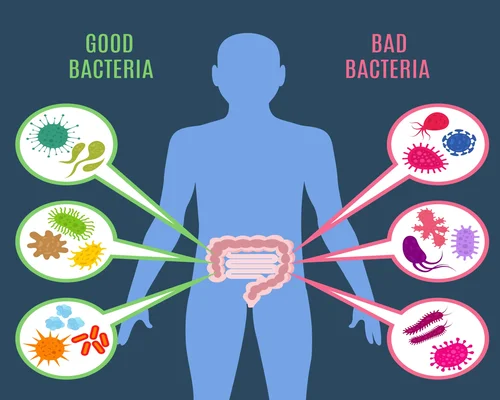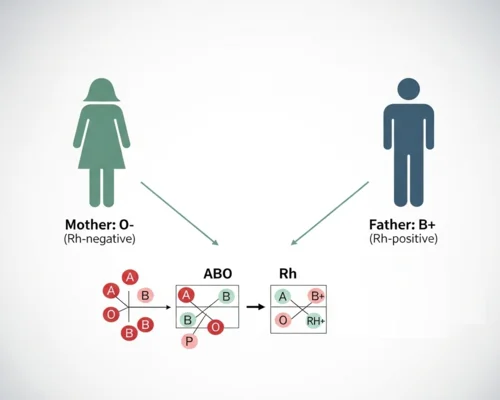
Saffron Benefits and Side effects
Eating saffron Benefits and Side effects
Saffron, known as the most valuable spice in the world, has many benefits, but it also has some harms if consumed in excess. The best time to eat saffron is at night. Mix it with milk and drink it before going to bed.
Benefits of eating saffron:
1. Improves mood
The ingredients called crocin and safranol in it help to relieve depression. Acts as a natural antidepressant.
2. Regulates the menstrual cycle
Can help reduce irregular periods or menstrual pain in women.
3. Brightens the skin
Helps to cleanse and brighten the skin due to the presence of antioxidants. Many people eat it with milk.
4. Protects brain health
Has a neuroprotective effect. May be helpful in preventing Alzheimer.
5. Beneficial for the heart
Reduces cholesterol and controls blood pressure.
6. Helps prevent cancer
Antioxidant properties can prevent the formation of cancer cells.
7. Good for the eyes
Especially works to prevent age-related eye disease (macular degeneration).
Disadvantages of eating saffron (if consumed in excess):
1. Can be toxic if consumed in excess. There is a risk of poisoning if consumed more than 5 grams per day.
2. Caution is necessary during pregnancy, excessive consumption can cause miscarriage.
3. Blood pressure can drop suddenly, if you have low blood pressure, you should eat it carefully.
4. Allergies or skin reactions In some cases, skin rash or itching may occur.
Ideal dosage:
15-30 mg per day. (1 pinch) soaked in milk or warm water is the safest and most beneficial.





-vegetable.webp)





















